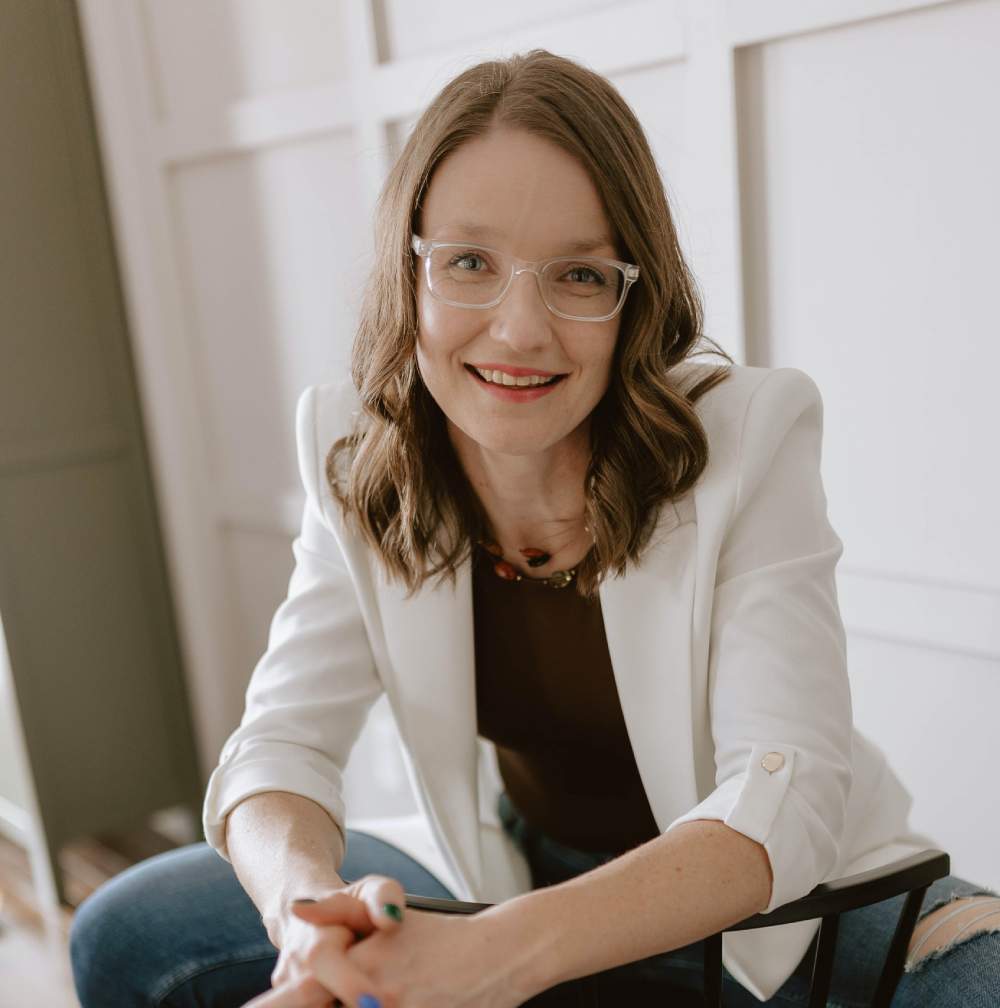Students learn about sustainability when exposed to topics incrementally, throughout their degree. University of Colorado staff describe the approach.

What’s the key to training managers to approach problems in a holistic, sustainable way?
“Remind them, remind them, remind them.” This is the counsel of Donna Sockell, Executive Director of the Center for Education on Social Responsibility (CESR) at Leeds School of Business, University of Colorado Boulder.
To teach sustainability, which it defines as values, ethics and social responsibility, CESR uses an approach called “scaffolding.” This means dividing topics into smaller pieces, delivered to students continuously throughout their degree. Pieces are integrated in required courses, so students learn to consider sustainability in all their decisions. Each piece of curricula seeks to build on, and reinforce, the last.
For undergraduate students at Leeds, required courses and projects build progressively more advanced skills for responsible decision making. The curriculum tiers are:
-
Year 1: Introduction to Business: CESR designs and teaches this first year course. The material introduces each functional area, including marketing, finance, accounting and management, and describes how functions relate to one another and to society. Instructors challenge students to consider how they will treat their employees, customers, the environment and the community. The course is intended to plant the seed of responsibility. “By giving students the language of sustainability in their first year,” says Sockell, “they can carry it into upper years.”
-
Year 2: Disciplinary Specialization: Introductory courses in finance, accounting, marketing and management are offered by home disciplines and are required for all students. These courses build deep knowledge in all areas of business, giving students the skills to address interdisciplinary problems. CESR has no jurisdiction in these courses, but Sockell has observed that “because we started building momentum in first year, students demand to discuss sustainability in upper years.” Some CESR faculty also teach introductory courses, where they incorporate sustainability topics.
To support faculty who wish to incorporate more sustainability in these classes, CESR offers advice, guest lectures, case development support and modules. For example, CESR prepared materials and offered workshops to help faculty teach functional area aspects of the WorldCom case. Faculty prepared students for a visit from Cynthia Cooper, the WorldCom whistleblower.
-
Year 3: Business Applications of Social Responsibility: In this required course, run by CESR, students apply their learning from the specialized second year courses. The interactive course structure fosters debate on sustainability dilemmas across all functional areas. Students present cases involving controversial business conduct and their peers debate appropriate action. Issues considered include the challenges of free markets and the impact of globalization.
-
Year 4: Capstone Courses: All graduating students must complete a capstone course in their major discipline. CESR works with home disciplines to ensure each capstone addresses sustainable business: e.g. by suggesting sustainability questions for course assignments or providing instructors with pedagogical advice or materials.
Leeds’ sustainability education is effective, early findings suggest.
The centre’s work in curriculum development is paying off. A recent study found that after completing the 3rd year course, students have a lower tolerance for unethical behaviour. Students report increased awareness of workplace moral dilemmas and how to deal with them. (In contrast, most American young adults have little familiarity with moral dilemmas.) External acclaim has come as well: BusinessWeek recently ranked Leeds Business School 6th for undergraduate sustainability education in the United States
Scaffolding sustainability education is difficult. But it’s possible. Donna Sockell offers advice:
-
Begin with a standalone class. A single sustainability class is a starting point that shows faculty what it means to teach sustainability and may help show impact. Offering the course early in the program enables students to think about sustainability throughout their studies.
-
Leverage senior faculty in traditional disciplines. Target a few senior faculty from each functional area. Their leadership can encourage their colleagues to get involved.
-
Convince faculty they’re needed. When CESR began its efforts to scaffold undergraduate education in 2007, faculty were hesitant to get involved because they didn’t consider sustainability worthy of class time or didn’t see themselves as sustainability experts. “We had to convince them,” says Sockell, “that they are the only ones who canteach sustainability in their discipline’s upper-level classes. Faculty know best which dilemmas face managers in their functional area.”
-
Offer financial incentives. Offer faculty several thousand dollars to teach sustainable decision-making in their courses. This approach helped CESR embed sustainability across discipline-based capstone classes.
-
Be persistent. “It’s easy to teach sustainability as a standalone course,” says Sockell. “No one has to agree with you. But to integrate sustainability across functional areas, where the conversation belongs, requires collaboration from all corners of the school.” Such collaboration takes time. Don’t be discouraged if it takes years for your work to pay off.
More Information
Visit the Center for Education on Social Responsibility or contact cesr@colorado.edu for more information.



Add a Comment
This site uses User Verification plugin to reduce spam. See how your comment data is processed.This site uses User Verification plugin to reduce spam. See how your comment data is processed.